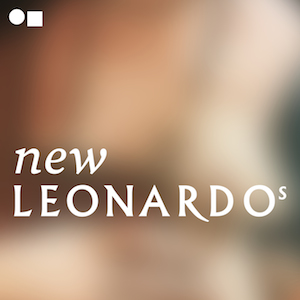
Especialização
Bio
Robert Fee é professor emérito da Savannah College of Art and
Design, onde ele foi reconhecido duas vezes pelo design de Inteligência como um dos
the Most Admired Industrial Design Educators. In 2007 he founded the
Graduate Program in Design Management, a curriculum focused on
business and organizational anthropology, collaborative learning,
brand analytics, design principles, and business practices. Named by
BusinessWeek um dos "Melhores Escolas de Design do mundo" para o ensino
design thinking, students conduct scholarly investigation and develop
constructos teóricos que contribuam para o state-of-the-art de
design leadership and management in organizations.
Além de criar e ensinar um curso de pós-graduação na
facilitation of creative thinking, Fee developed and conducted a
série de workshops com a inovação de gestão e planejamento de equipes
global firms, such as Chick-fil-A, Steelcase, the Industrial Research
Institute, as well as the SCAD Collaborative Learning Center. Fee
ajudou a formular direção e núcleo do Departamento de Design Industrial
values, as well as the graduate program curriculum. Industrial design
and design management M.F.A. thesis research topics that Fee chaired
included, biosand water filtration devices in rural Ugandan villages,
reframing wind energy at the local level, dignity as a driving force
in organizations, clean cook-stove design in the slums of Bangalore,
e antropologia projeto intercultural como um estímulo para a implementação
design thinking in India.
Taxa começou sua carreira no laboratório de computação gráfica da Boeing e
participou na entrega primeiro computador conhecido do ser humano
figure. Working with design consulting firms in Chicago and Wichita,
Kansas, he perfected a rapid two-day collaborative-working session
with clients in equipment manufacturing and consumer products. Several
of Fee’s consumer products were in production for over two decades.
Na sequência de sua carreira design industrial como uma taxa de consultor mudou-se para
Texas Instruments onde ele se tornou gerente do Design Corporativo
Center. While at TI, he extended the reach of his department through
estreita colaboração com projectos de risco da empresa e tecnologia
transfer businesses. As many of these internal clients had never
worked with industrial designers before, design had to be about
comunicação e colaboração, bem como a forma ea função de
the product. This dialogue became the foundation for his vision as an
educator based on theory in practice, interdisciplinary study, and
industry partnership.
 English
English العربية
العربية বাংলা
বাংলা Français
Français Deutsch
Deutsch Bahasa Indonesia
Bahasa Indonesia 日本語
日本語 한국어
한국어 Português
Português Español
Español